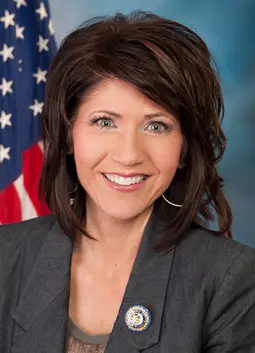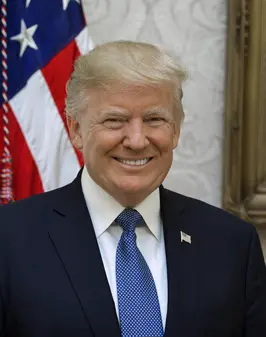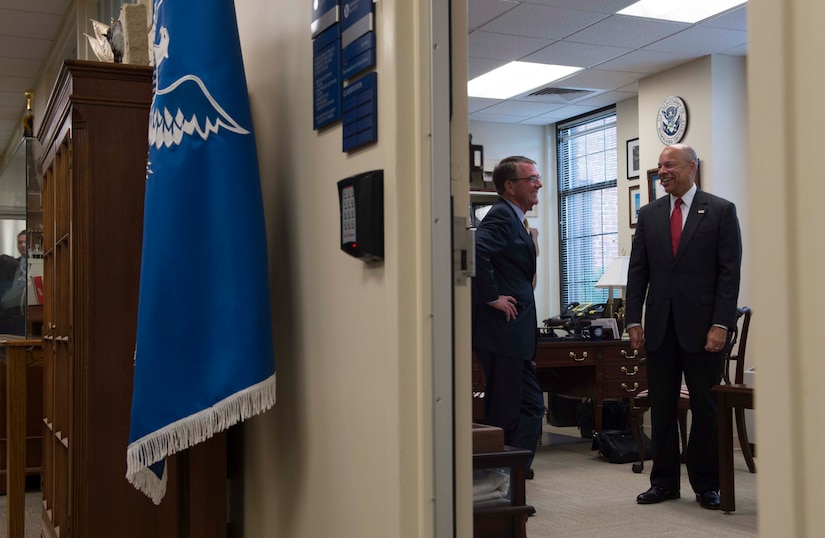In a significant move that may shape the trajectory of U.S. immigration policy, Donald Trump, shortly after being inaugurated as the 47th president, is expected to sign 10 executive orders aimed at intensifying the immigration crackdown along the southern border. South Dakota emerges as a notable figure in this plan with its Governor, Kristi Noem, appointed to lead the charge.

Kristi Noem
The Significance of South Dakota and Kristi Noem
South Dakota, often associated with the stunning landscapes of the Badlands and Mount Rushmore, is now stepping into a pivotal national role through Governor Kristi Noem. Her nomination as the Department of Homeland Security chief underscores the state’s newfound influence in national politics. Governor Noem completed her confirmation hearing and is awaiting a Senate vote, making her appointment highly anticipated.
“What this action does is it deploys armed forces, erect physical barriers by directing (Department of Defense) and (Department of Homeland Security) secretaries to finish the wall along the border, and allows for counter (Unmanned Aircraft System) capabilities near the southern borders,” an incoming Trump official stated, highlighting the stern measures in place.
South Dakota’s residents, known for their resilience and diverse interests ranging from agriculture to tourism, follow these developments closely, understanding that their Governor’s new role will have significant implications not only on a national scale but potentially affecting local policy dynamics as well.

South Dakota
Military and Legal Implications
The executive orders aim to bolster border security through the deployment of additional military personnel, including members of the armed forces and the National Guard. This move is set against the backdrop of rising challenges at the border and will see South Dakota’s strategic interests represented through Noem’s leadership.
Alongside building physical barriers, these orders will clarify the role of the U.S. military in protecting national borders, with explicit focus on territorial integrity and sovereignty. However, not all aspects of Trump’s immigration crackdown are without controversy. Notably, plans to end asylum and birthright citizenship could face immediate legal challenges, tapping into debates that resonate with historical judicial decisions, such as the 1898 U.S. Supreme Court case of United States v. Wong Kim Ark.
Policy Reinstatements and Their Impact
- The Remain in Mexico policy, requiring asylum seekers to stay in Mexico while their U.S. court proceedings unfold, aims to be reinstated.
- The termination of the catch and release program, allowing detained migrants to wait in U.S. communities, will also be part of the executive orders.
- Cartel groups are to be designated as global terrorists, highlighting the administration’s focus on tackling organized crime related to immigration issues.
- Refugee resettlement operations are set to be suspended for at least four months, bringing forth new challenges for humanitarian operations.
The orders will also commission the attorney general to pursue capital punishment for crimes involving legal authority violations. “This is about public safety, and this is about the victims of some of the most violent, abusive criminals we’ve seen enter our country in our lifetime,” commented a Trump official.

Donald Trump
South Dakota’s Future Role
As Kristi Noem steps into her potential new role, the eyes of South Dakotans and the nation are on how these policies will unfold. South Dakota’s contribution through Noem not only defines personal career advancements but symbolically represents the shifting political aspirations and capabilities of the state.
With its rugged beauty and pragmatic people, South Dakota is poised to navigate through these national changes, maintaining its values while participating actively in the broader national landscape.
The ramifications of these policies are expected to ripple through various sectors, touching on longstanding debates about immigration, national security, and constitutional rights, with South Dakota on the front stage through Gov. Noem’s pivotal involvement.
